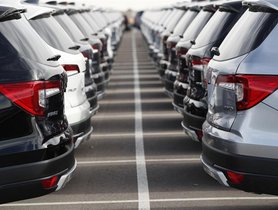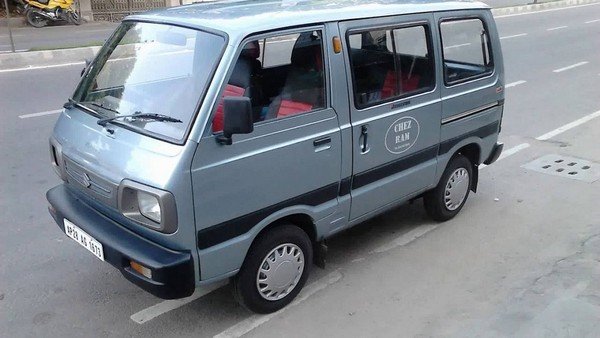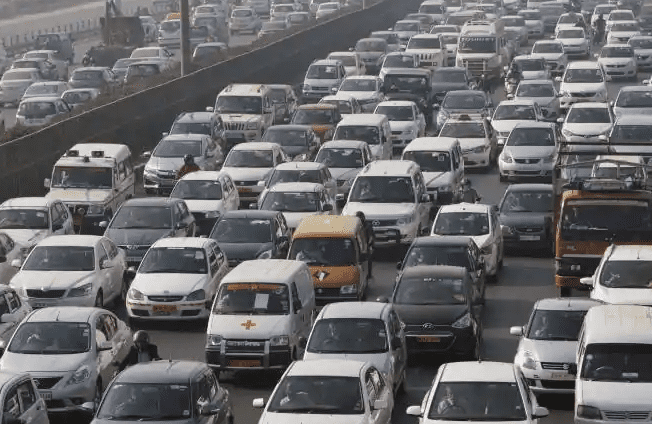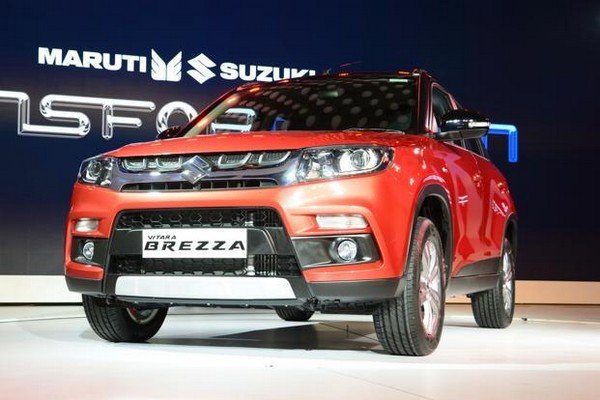Popular Stories
YOU MIGHT BE INTERESTED IN
India To Stop Producing Diesel-Powered Vehicles?
by Mohammed Burman |
09/05/2019
With the decrease in demand for diesel-powered cars in the Indian auto market now-a-days, many auto manufacturers are considering or starting to discontinuing diesel-powered variants of models altogether. Is this the end of our diesel addiction?














 Follow us on google news
Follow us on google news
